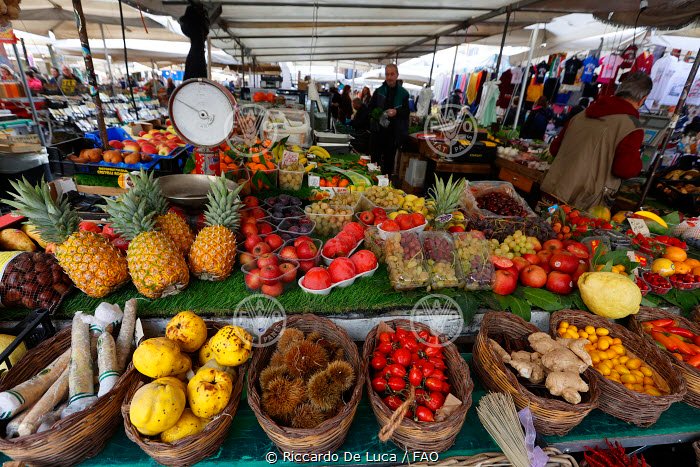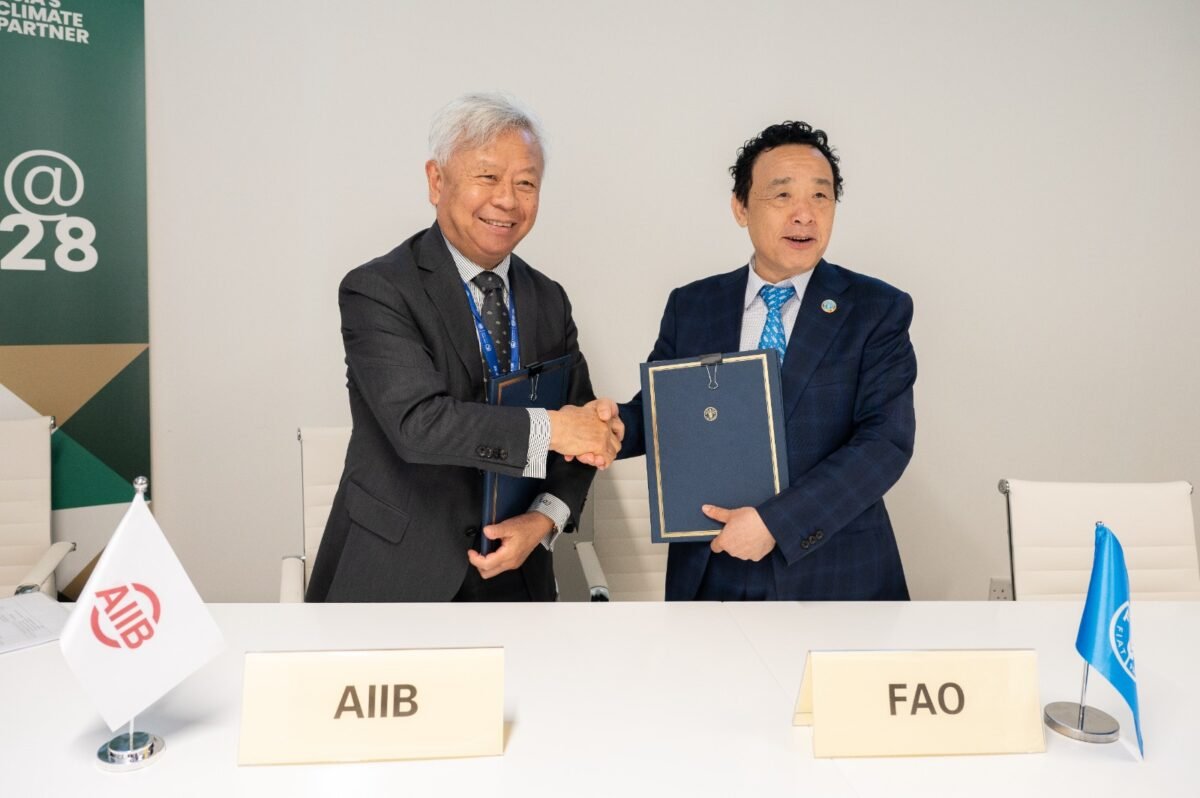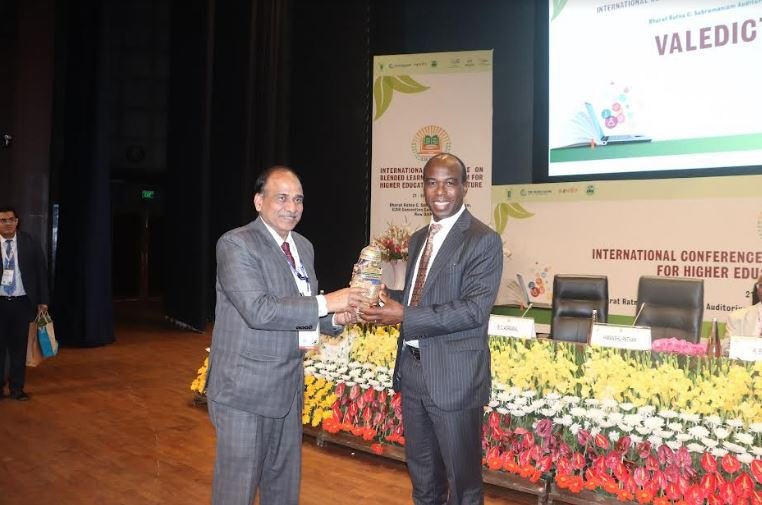TDK Ventures and British International Investment invests in agri-tech innovator Fasal
The company aims to expand and diversify its B2B brand, Fasal Fresh, procuring sustainably grown, fully traceable, and high-quality produce from its extensive network of growers covering 75,000+ acres of Farmland enabled by Fasal’s IoT-crop intelligence technology
TDK Corporation announced that TDK Ventures, Inc. has invested in India’s full-stack agriculture pioneer Fasal, in an INR 100cr round co-led by British International Investments to foster its innovative full-stack horticulture optimisation solution and bring it to market. Fasal’s solution has already been proven to improve crop yield and reduce operational costs at an affordable price to the individual farmer. This financing round provides further ammunition to Fasal in its mission to transform the Indian agriculture industry with its full-stack platform anchored on top of its patented IoT-crop intelligence technology and expand further to Southeast Asia markets.
Since the commercialisation of its technology, Fasal has worked with horticulture farmers spanning more than 75,000+ acres growing crops like grapes, pomegranates, bananas, apples, chilli, cardamom, etc. by enabling them to grow more and grow better with its patented IoT-crop intelligence technology. Fasal’s farmers have reduced irrigation water consumption by 82.8 billion litres, pesticide reduction by 127,426 kgs, curbed GHG emissions by 54,965 MT, and increased their yields and quality by up to 30 per cent with the help of technology. Fasal has gone deeper into the value chain by building technology to predict the exact harvesting time, yield, and tentative quality and is utilising this intelligence to bring this sustainably grown, traceable, and high-quality produce to the consumers via its B2B brand ‘Fasal Fresh’.
The company highlights that its technology platform has a traceable supply of over half a billion USD worth of produce, connecting seamlessly with demand across various consumption markets in the supply chain, ensuring 10x more efficient procurement thereby reducing wastages significantly. This technology platform empowers the company to synchronise supply with the most appropriate demand directly at the farm gate before the harvest itself.
The company aims to expand and diversify














